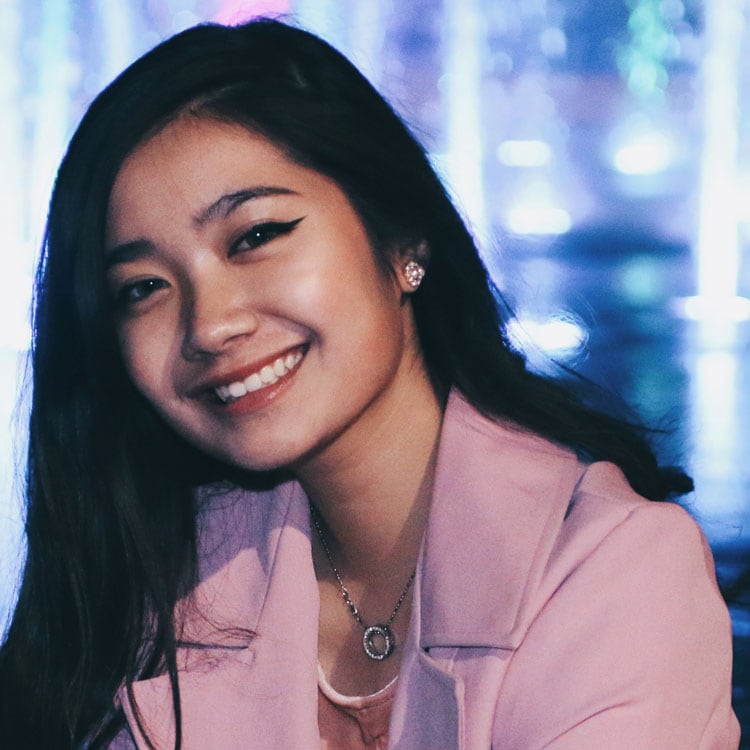
Asian American and Pacific Islander Heritage Month

May. A time when school is out, and summer is just around the corner. The dreary days of sitting in a classroom are replaced by sunshine and pools. In addition to all this, as of 1992, it is also the month dedicated to Asian American and Pacific Islander (AAPI) Heritage.
May was chosen in honor of the first Japanese to immigrate to the United States (US) on May 7, 1983, along with the anniversary of the transcontinental railroad being completed on May 10, 1869—which was predominately laid by Chinese immigrants.
As a Chinese and Vietnamese American, I have grown up with few Asian role models in media. This perpetuated the idea that I assumed everyone who would be famous had to be Caucasian. However, when I found Brenda Song portraying London Tipton in Suite Life of Zack and Cody, I learned that didn’t have to be true; it is a norm created by the lack of diversity in Hollywood.
Now, more than ever, it is important to commemorate the importance of diversity. Here are some reasons why Asian American and Pacific Islander Heritage Month is important and should be acknowledged.
- The presence of Asian Americans is one of the fastest-growing groups of eligible voters in the US. In a May 2020 study conducted by the Pew Research Center, there are more than 11 million Asian Americans who will be eligible to vote and comprise nearly 5 percent of the eligible voters in the country. Not only that but in the last 20 years, the number of eligible Asian American voters increased 139 percent.
- This month helps dispel the “Model Minority Myth” that obscures the essentials of many underserved populations within the AAPI community. The model minority myth is a consistent assumption of the AAPI communities’ achievements and shedding only positive light; whilst ignoring the obstacles that hinder these same communities from achieving higher education, healthcare, jobs, and more due to the stigmas, limited communication, stereotypes, poverty, socioeconomic factors, and status as an immigrant. With that, this same stereotype also further divides other minority groups who struggle with representation too.
- It brings awareness of the injustices that the AAPI community have faced throughout history and today. From the Chinese Exclusion Act of 1882 and the Japanese internment camps, these acts were conducted out of racism towards AAPI populations. Despite the overturning and end of these events, racism and discrimination are still apparent today in the US. On March 2020, the Asian Pacific Policy and Planning Council created a stop AAPI hate reporting center. Within the first month, it received about 1,500 reports of coronavirus related discrimination towards AAPI members.
- Learning more about AAPI history allows people to be more knowledgeable of other cultures in our country. Having knowledge of the enriched history of the US besides being taught in school allows students to be more aware of their society. For example, AAPIs have played crucial roles in shaping the country’s history with protecting the nation in war by building the first transcontinental railroad.
It is extremely important to continue valuing and celebrating diversity within all aspects of life. This May, I hope you take time to learn about and appreciate Asian American and Pacific Islander culture and heritage.
Do you have a compelling story or student success tips you’d like to see published on the Pearson Students blog? If you are a college student and interested in writing for us - click here to pitch your idea and get started!
About the author

Sidney Li
Sidney Li is a student at the Ohio State University majoring in Biology on the pre-dental track, with a minor in Women, Gender, and Sexuality Studies. She is the research coordinator for her Science, Technology, Engineering, and Mathematics (STEM) Exploration and Engagement scholar’s community. She is also an advocacy fellow for the Asian American Community Services and a member of the Pre-Dental club. Sidney also serves as a Pearson Campus Ambassador for Ohio State.


